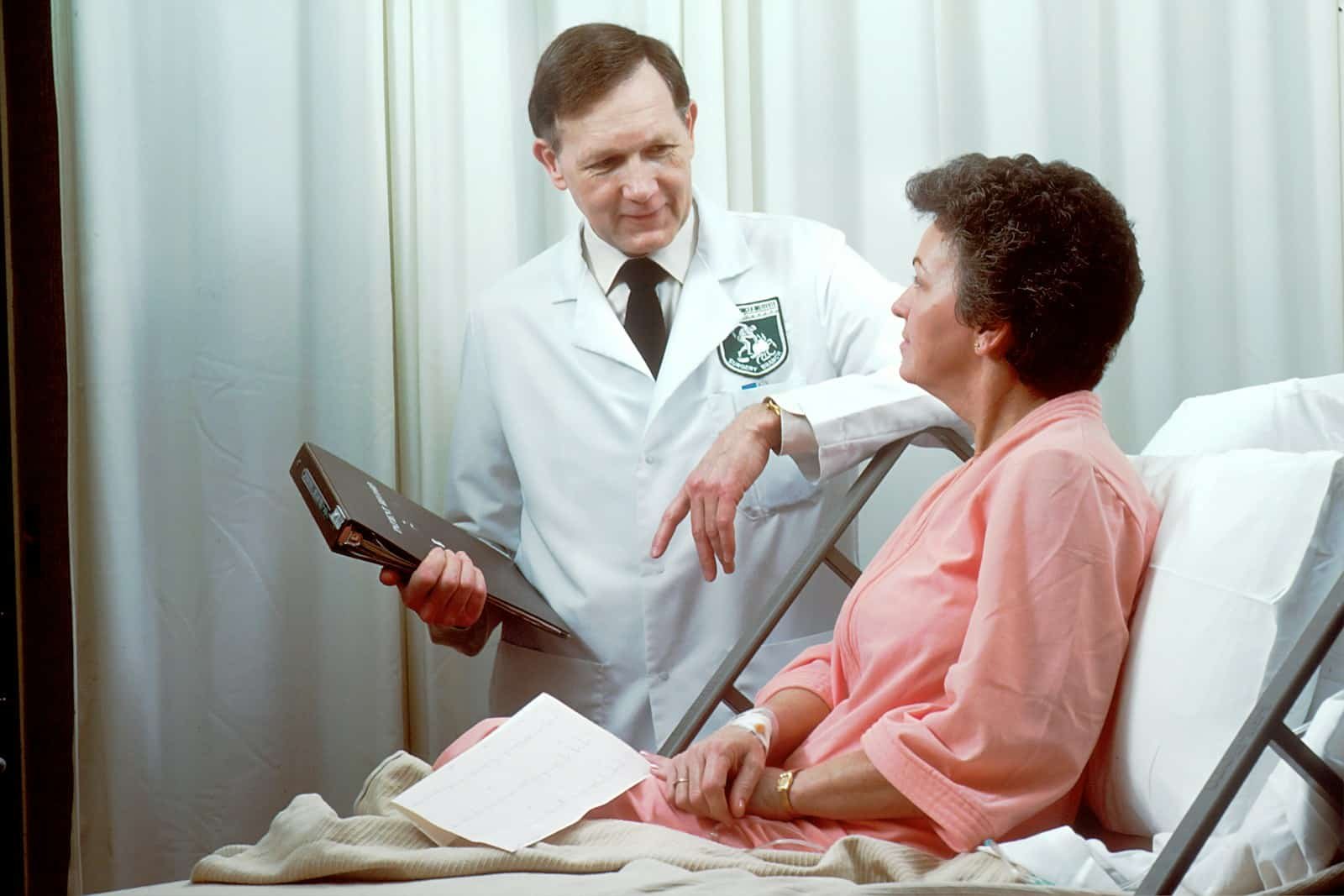Contents
ToggleWhen you’re struck with nausea, stomach cramps, fever, vomiting, or diarrhea after a meal, it’s natural to suspect food poisoning. This common ailment, also known as foodborne illness, can make you feel miserable and leave you wondering if you should head to the doctor for a test. But is there a definitive test for food poisoning? Let’s dig into what food poisoning is and how healthcare professionals can diagnose it.
Symptoms of Food Poisoning
The symptoms of food poisoning can start within hours after eating the contaminated food, or they may begin days or even weeks later. The sickness can range from mild to severe and can include:
If you experience these symptoms, it’s important to stay hydrated and, if necessary, seek medical attention.
The first step is taking a thorough medical history. Your doctor will ask about the timing and severity of your symptoms, as well as what foods you’ve eaten in the past couple days. They’ll want to know if you’ve eaten at any restaurants, potlucks, or other events where food was prepared by others. Sharing details about your diet and activities can help identify when and where you may have been exposed to contaminated ingredients.
Your doctor will also ask if anyone else who ate the same foods has gotten sick. Food poisoning often affects multiple people who shared a common meal.
A physical exam is also important. Your doctor will check for signs of dehydration and take your vitals to assess the severity of the illness. They may also gently palpate your abdomen to check for tenderness or swelling.
If the history and exam aren’t enough to pinpoint food poisoning, diagnostic tests can help confirm it:
Identifying the specific contaminant responsible for the illness can help inform treatment. It also allows public health officials to address the root cause in the food supply. While waiting for lab test results, it’s important to drink fluids and get plenty of rest to recover from that nasty food poisoning episode.
While many cases of food poisoning can be managed at home, certain circumstances warrant medical attention. The CDC recommends seeing a healthcare provider if you experience any of the following symptoms:
Preventing Food Poisoning
Prevention is key when it comes to foodborne illnesses. The FDA provides guidelines on safe food handling practices:
While there is no single test to diagnose all cases of food poisoning, healthcare providers can use a combination of your symptom history, physical examination, and laboratory tests to make a diagnosis. Remember, the best way to fight foodborne illness is through prevention. By following FDA guidelines on food safety, you can minimize the risk of falling ill.
If you suspect you have food poisoning, monitoring your symptoms and seeking medical advice when necessary can help you recover more quickly and avoid complications. For more information on food safety and preventing foodborne illnesses, visit the CDC’s Food Safety page and the FDA’s Food Safety section. Stay safe and informed for the sake of your health and the health of those around you.


